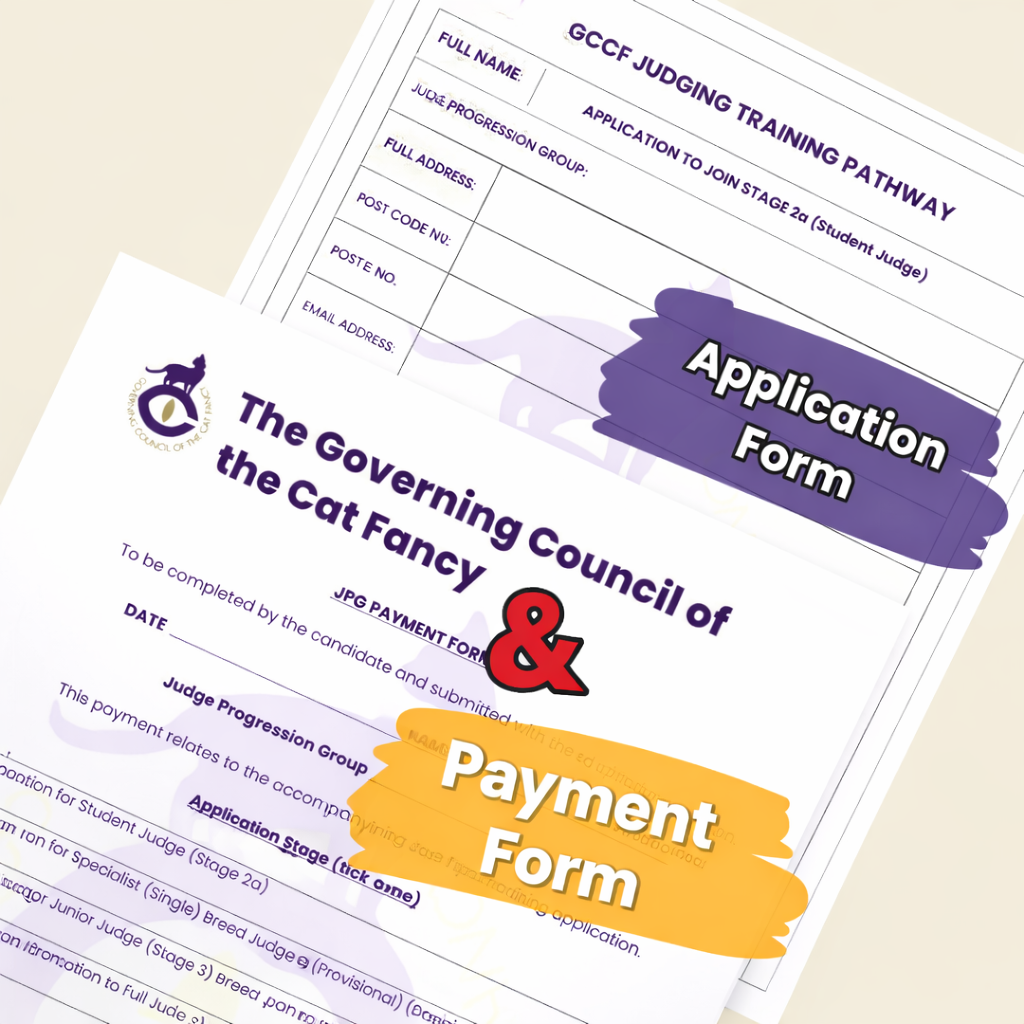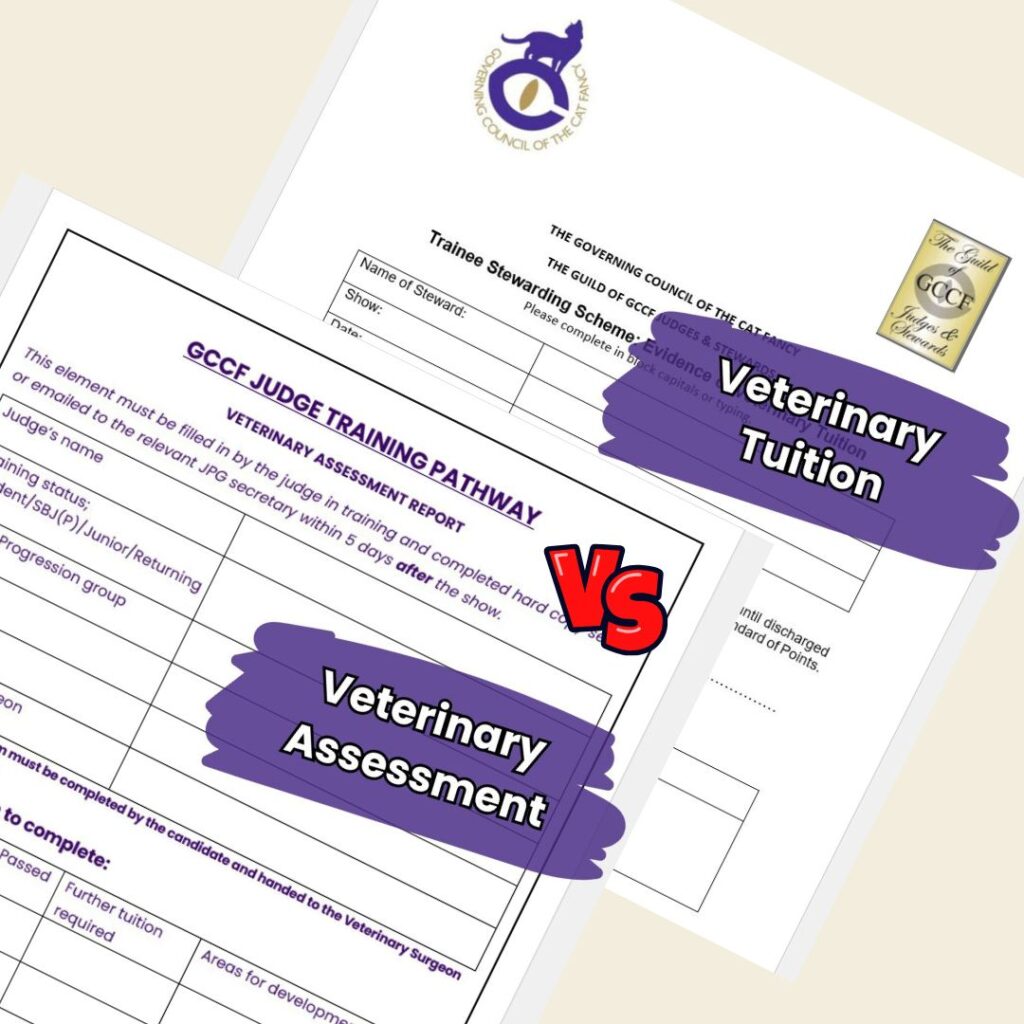One of the main principles of the new scheme is to make sure no judge in the scheme is ever disadvantaged. A part of making sure everyone is treated fairly is to have a clear appeals procedure.
If you feel that you find yourself in a situation where you need to appeal a decision made by the JPG then please see the information below that will explain what you need to do.
Extract taken from the GCCF Judge Training Document.
13. APPEALS PROCESS
a) There is a right of appeal, where any candidate believes a lack of progress has been brought about through specific action or non-action by a JPG
b) The right of appeal, in the first instance, shall be via the IC/DC Secretary to the Appeals Committee (AC), who will attempt to facilitate negotiations between the parties to bring about resolution of the dispute in accordance with Byelaw 11(7).
c) Prior to referring a dispute to the AC, the parties should make every effort to resolve the matter between themselves.
d) The Appeals Process is not intended to be protracted, confrontational or to follow the format of the IC/DC Process and as such the JPG and Judge are not to be viewed as on opposing sides. AC may seek guidance on the interpretation of the JAS document from the Judges Appointment Scheme Review Group or Board of Directors.
e) No fee is charged for the Appeals Process.
f) In order to keep costs to a minimum and to avoid a protracted process, there will be no face- to-face meetings with the parties. All communication with the parties will be by email, all submissions must be written and the AC will conduct the matter via email and online meetings between themselves.
g) On receipt of an appeal, the AC shall inform the relevant JPG of the appeal and set a timetable for the disclosure of information in support by each party so that both parties have the opportunity to put their case forward. The aim is for a fast turnaround with disputes resolved, by the AC, within 8-10 weeks from receipt of the appeal.
h) In the event that the AC is unable to achieve resolution of the dispute, or if the AC finds that the BAC is failing to support the SJ candidate adequately, or making demands for additional training without supplying any justifiable reason, then the AC shall refer the matter to the Board, who will appoint a panel of 5 Judges who will, if necessary, complete the SJ Appellant’s training and determine promotion in place of the JPG.
i) The decision of the Panel of Judges shall be final and binding to prevent the process being protracted.
GCCF Judge Training Document (V10)
The extract from the document is correct at the time of publication. It is expected that the GCCF training will evolve over time as indeed will the documentation but every effort will be made to keep this page up to date. Having said that it is advised to double check the document that the extract has been taken from as this will absolutely be kept up to date.





